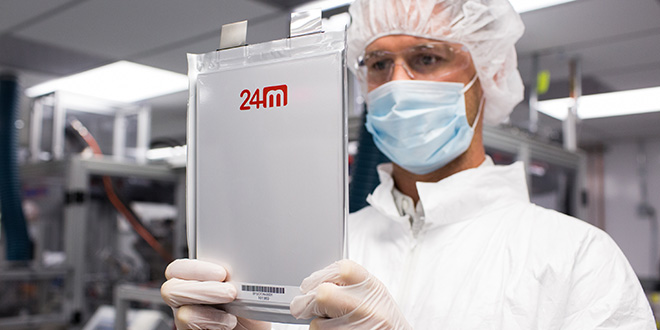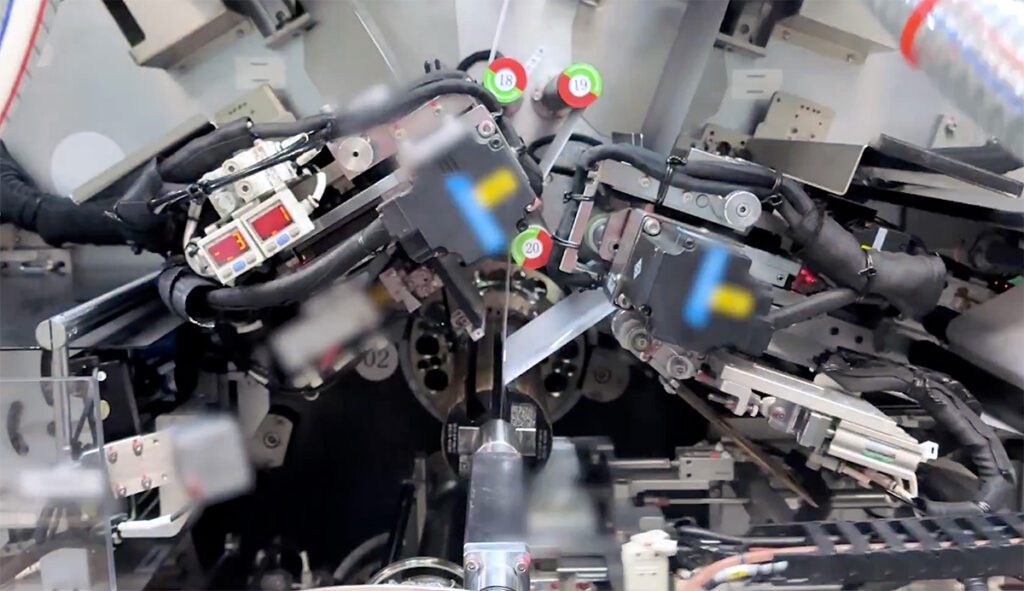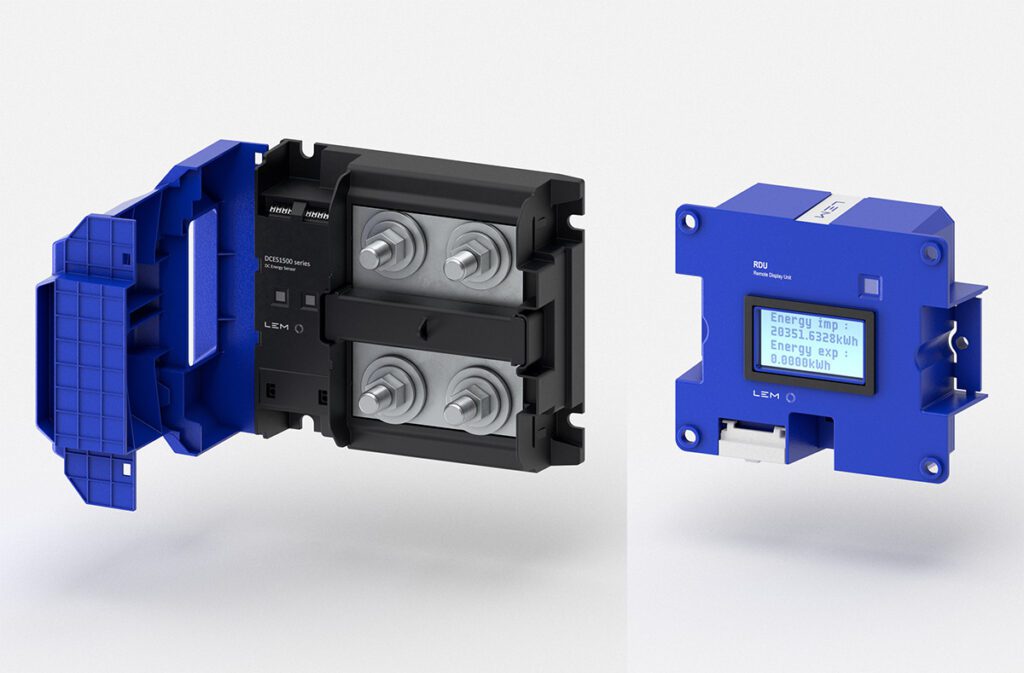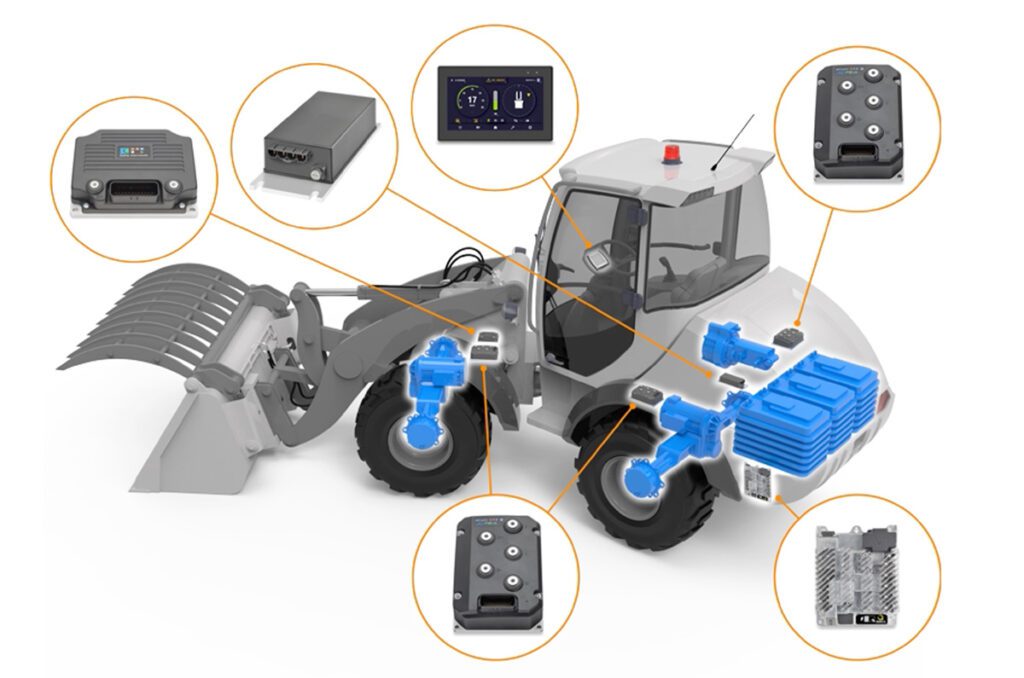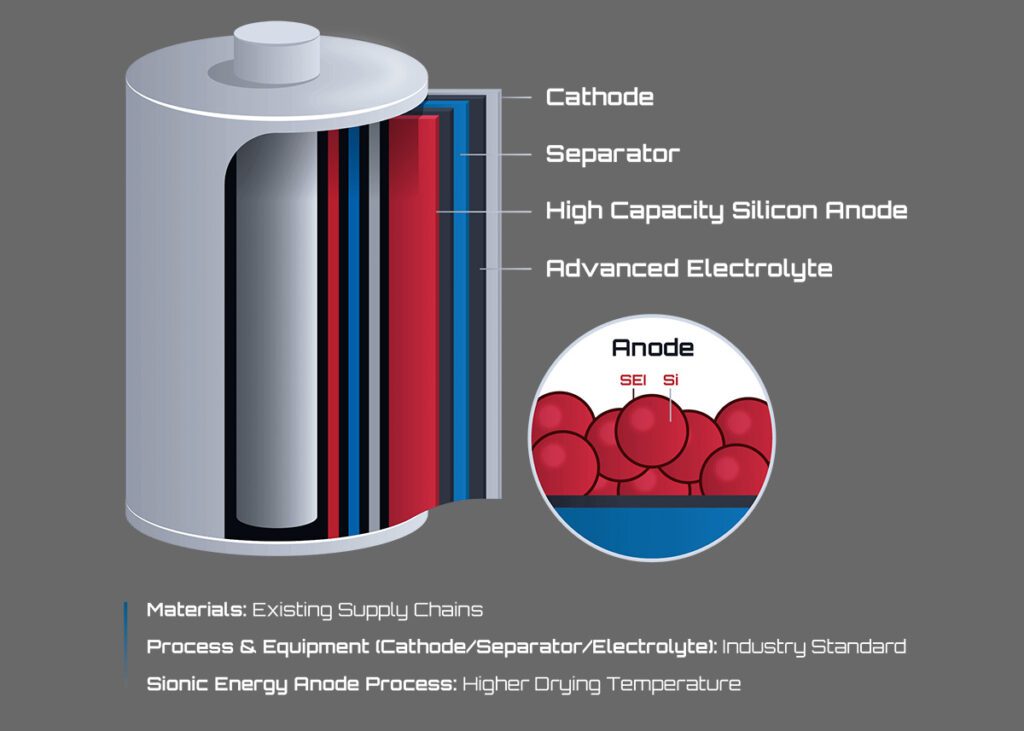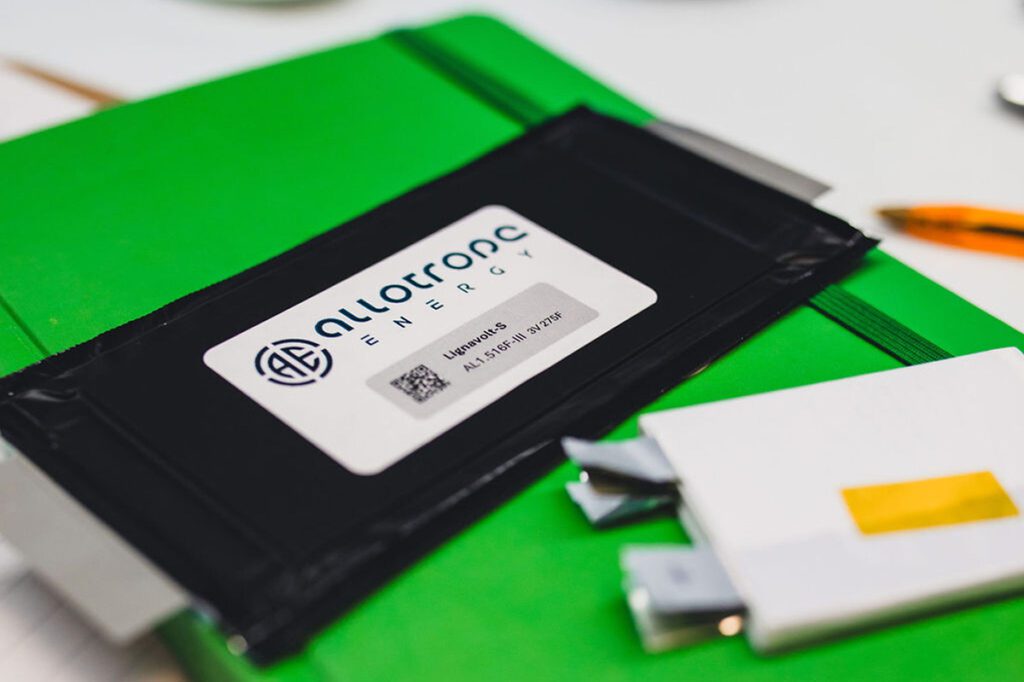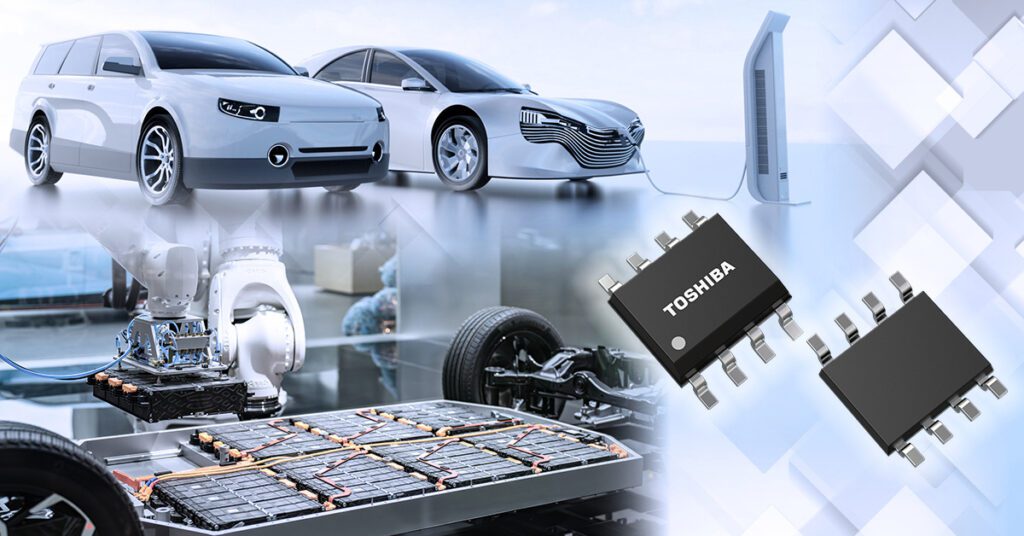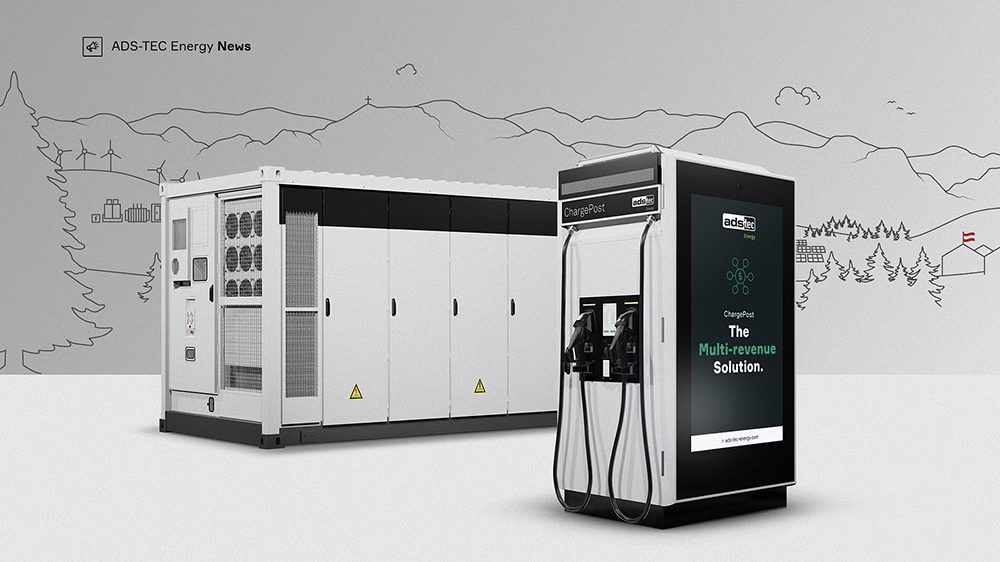The DOE’s Advanced Research Projects Agency-Energy (ARPA-E) has awarded $3.5 million in funding to a team that includes 24M, Sepion Technologies, Berkeley Lab, and Carnegie Mellon University. The funds will be used to develop novel membranes and lithium-metal anodes for a new generation of high-energy-density batteries.
24M’s core technology is semi-solid lithium-ion, a new class of lithium-ion batteries that will initially be deployed in stationary storage. With the help of the ARPA-E funds, 24M and its partners will extend the capabilities of semi-solid electrodes to cells that use lithium-metal anodes.
Conventional lithium-ion cells include large amounts of inactive, non-charge-carrying materials. The semi-solid thick electrode, which originated in the lab of 24M co-founder Dr. Yet-Ming Chiang, eliminates 80% of these inactive materials and increases the active layer thickness by up to five times compared to traditional lithium-ion cells.
Using thick electrodes, the cell also stores more energy, bettering performance as well as cost.
Sepion Technologies’ vision is to develop ultra-light, high-power-density Li-sulfur batteries for aviation. The company has developed a microporous polymer membrane to replace existing separator materials. Sepion’s polymer membranes provide high-flux and ion-selective transport, and are processable in large area formats at a lower cost than ceramics.
Source: 24M via Green Car Congress







